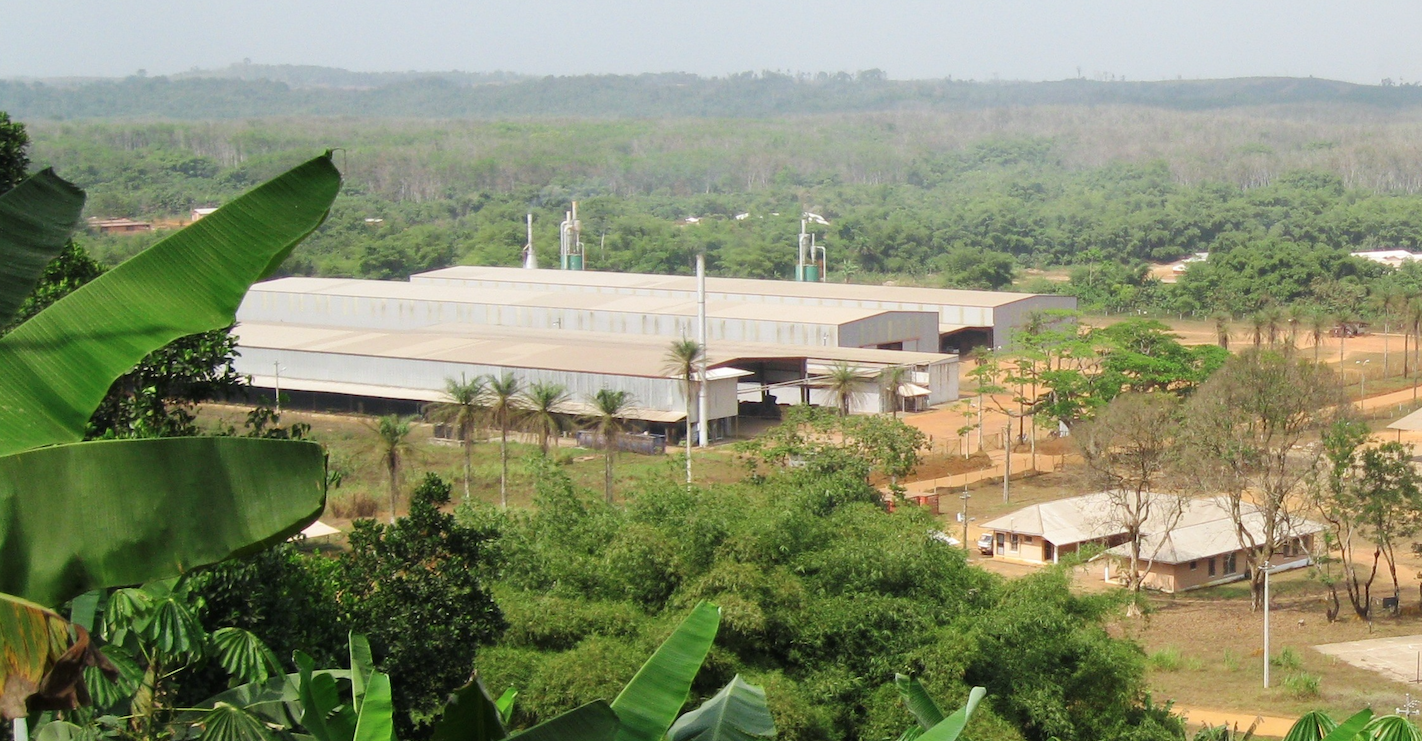23 August, 2018Unions representing over 10,000 agricultural and industrial workers from the rubber plantations owned by Firestone-Liberia are demanding living wages, better housing, safe drinking water, access to electricity, and an end to discrimination and unfair labour practices.
Led by IndustriALL Global Union affiliate, the Agriculture Agro-Processing and Industrial Workers Union of Liberia (AAIWUL), in collaboration with the Golden Veroleum Oil Plantation workers and the Sigma group of companies, the unions want Firestone-Liberia to fulfil its promises on improving the wages and the living and working conditions of workers. According to the unions, this failure to act undermined the government’s pro-poor agenda.
When the president and managing director of Firestone-Liberia, Edmundo Garcia, recently told the House of Representatives that the least paid worker earned US$8.36 per day, the workers immediately demanded that they be paid that amount and went on strike to push for the promised earnings.
The announcement was contrary to the minimum of $5.60 per day that Firestone pays which is low for the hard work that workers were doing. In some instances, this back-breaking work includes tapping at least 500 trees per worker before mid-morning, and collecting the latex in the afternoon.
Medical staff at the plantations also worked under precarious conditions. For example, medical doctors and nurses were not paid overtime in violation of the Decent Work Act
Unions are also demanding that the 2008 agreement to employ 50 per cent Liberians should be implemented. Firestone should also provide technical assistance to small holder farmers to enable them to enter the rubber industry.
Firestone, which has a monopoly on rubber production in the country, often with government support, has produced rubber from Liberia for over 90 years. The company has also been condemned for dumping toxic waste into rivers where local communities got drinking water.
Edwin Cisco, AAIWUL general secretary, wants the government “to stand firm and demand that Firestone-Liberia meets its obligations as required by the law.” He says the company must stop “providing inaccurate and misleading information that makes a complete mockery of the valuable service provided by the workers.”
Said Paule France Ndessomin, IndustriALL regional secretary for Sub Saharan Africa: “It is incumbent upon multinational companies like Firestone to pay living wages and improve working and living conditions of workers. Companies cannot continue to declare profits at the expense of suffering workers.”
